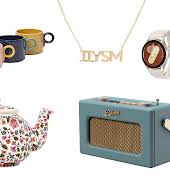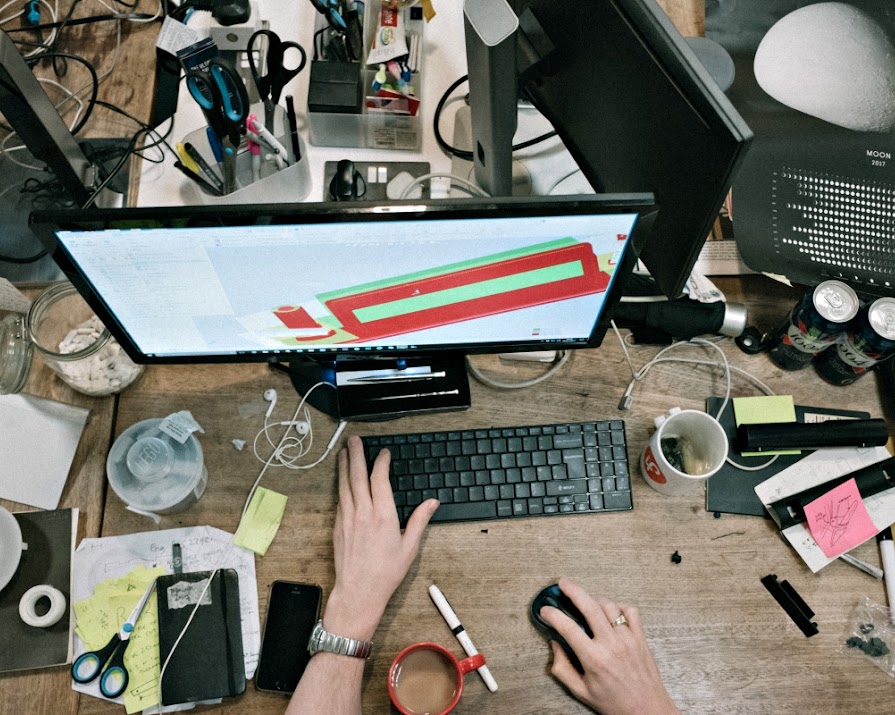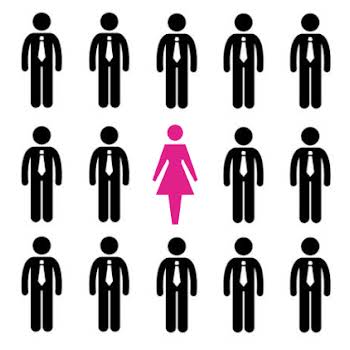By Sophie White
18th Aug 2018
18th Aug 2018
The Millennials seem to inspire never-ending eye-rolling with their notions food and their notions hoverboards but why does their desire for work/life balance fall under the umbrella of notions asks Sophie White
“So how do you find the Millennials?” I ask my friend who’s manager of a team in a Dublin tech company.
“Well, fine. But they don’t want to do anything.”
“Hang on,” I stop her. “Aren’t you a millennial? Aren’t I?”
A little sleuthing confirmed my Millennial status – a status I for one am proud of, anything to seem hip and with it (Wait, have I just disqualified myself from the Millennial cohort by using the phrase ‘hip and with it’?).
The official age range for a Millennial is having been born in the early 80s to mid 90s. It is undeniable that Millennials are the butt of many, many jokes. For a while there it felt like Millennials had replaced Hipsters in being the only minority it was still deemed socially acceptable to mock. This generation is assiduously tracked by a media which is obsessed with deriding everything from their idealism and their regard for diversity to their ecstatic love for avocados and taking a helluva lot of pictures of themselves. The dismissive refrain often falls along the lines of “Oh, the snowflakes on Twitter are upset about racism/sexism/transphobia again!”.
More criticism is frequently levelled at Generation Y (or ‘generation me’ as psychologist Jean Twenge calls them in her book of the same title) with regards their work ethic. Where has this idea that Millennials are work-shy come from? On an anecdotal level, I’ve seen it coming from employers in the 50-60 age bracket aka Boomers, a generation who should perhaps hang back in the judgments stakes, given the apocalyptic recession that occurred on their watch.
A viral open letter/rant was a particularly divisive moment in this generational squabble. A Yelp/Eat 24 employee, Talia Jane famously penned a vitriolic account of working an entry-level position in the company.
She writes:
“I was told I’d have to work in support for an entire year before I would be able to move to a different department. A whole year answering calls and talking to customers just for the hope that someday I’d be able to make memes and twitter jokes about food. If you follow me on twitter, which you don’t, you’d know that these are things I already do. But that’s neither here nor there. Let’s get back to the situation at hand, shall we?”
She was fired hours after the post appeared on Medium. The piece did have some sentiments that appeared entitled and she was roundly mocked by many at the time, including unsurprisingly psychologist, Jean Twenge of “Generation Me” fame. Twenge cited the Montoring the Future Project as providing ample evidence that Generation Me is the laziest and most entitled yet (38 percent of Millennials said they didn’t want to work hard in comparison to 26 percent of Boomers). On the flip side, Forbes found four separate studies arguing the contrary. And none of this even acknowledges the massive shift the working experience has undergone in recent years, Millennials are the always-on generation, through tech advances our bosses can be balling us out of it on Slack 24/7.
Despite the temper tantrum tone, dig deeper into Jane’s huffy missive and the point she’s illuminating, that minimum wage in America, intended to allow an employee certain basic living standards, is a flawed system. She wasn’t pissed because she couldn’t afford her avocado toast, she struggled to cover food and transport after her prohibitively high rental costs – something unfortunately experienced by a huge portion of the Millennial workforce in Dublin currently.
It is pretty widely accepted at this point that the millennial generation is throwing out the rulebook in terms of career track. It is estimated that by 2020 half of the workforce in America will be freelance. This is largely being met with a kind of begrudging, jealous tone by older generations who’ve put in decades at the same desk. Technological advances, the rise of the side hustle and tendancy to career pivot mean the landscape of work has altered dramatically in the last five years.
In some cases, companies are beginning to see the advantages of allowing employees to work off-site, especially given the new obsession with company culture and providing endless perks to employees – the snack fridges don’t stock themselves. However, other employers are baffled by a generation that appear to be rejecting the Gen X’s propensity to strive in their careers at all costs. Hiring managers despair of a generation apparently allergic to committing to a nine to five.
One senior manager explained her frustrations:
“People applying for roles are all asking for flexible working and lots of working from home. Like 80 percent of people applying are asking for that. I really believe in flexible working and think it can work well. But there needs to be a level of trust built with an employee before that stage. And at the end of the day we are offering full time jobs, these are essential roles.”
“I have really noticed that younger people are far less willing to work hard. They expect everything to be easy, and if it is not, they throw the towel in, often citing stress and anxiety. I’m not sure many of them even know the real meaning of those words,” she continued.
Burnout seems to be the ailment du jour for Gen Y, with many sources making claims about mental health epidemics. However quantifying whether or not mental disorders like anxiety and depression are actually occurring more frequently or simply being recognised more readily than in previous generations is difficult. Something else to be considered is incidence versus prevalence –incidence is the number of new cases of an illness within a period of time and prevalence the total number. Put simply, we may be perceiving a rise in mental illness because the population is increasing.
Generation Me is arguably the most informed group ever in terms of mental wellbeing. We have therapists as par for the course, we have public figures ready to advocate for transparency regarding depression, anxiety, OCD and BPD. We have Goop and meditation apps and yoni eggs and SSRIs more refined and effective than any previous generation. Crucially we have a dialogue around the formerly veiled topic of mental illness. Generation Me, like every other previous one is opting to do things differently and the elders (yes, you 40-somethings) are denigrating and dismissing their efforts because that’s what each generation tends to do. Baby Boomers baffled their parents with everything from their clothes to their hippy values. Gen Xers baffled their Boomer parents with MTV. Now Millennials are doing it with the selfie and #selfcare.
In 2010 study, Millennials and the World of Work, Hershatter and Epstein, researchers from Emory University highlighted a growing importance on work-life balance. Studies show nearly one-third of students’ top priority is to “balance personal and professional life” this contrasts to the Baby Boomers’ work-centric attitude.
Gen Y want better for themselves, so why does this piss everyone else off so much? Is it a pervasive bitterness towards a generation enjoying a new level of freedom in terms of information, choice, entertainment and travel? It seems like irritation at a generation that want to have their cake and eat it too. But if they’ve found a way to do that, why begrudge them? Sure maybe they do want to work less. Maybe they don’t want to work in a job that will degrade their physical and mental health. Especially if they don’t find the work satisfying.
Another overlooked but important element is the side hustle, most Millennials have several plates spinning as well as the day job. The rise of the side-hustle counters the idea that Millennials are lazy, they are happy to work when they deem that work to be meaningful in ways beyond mere remuneration. Remember this is a generation that witnessed a major world-wide fail on the part of traditional economics, so perhaps it follows that their belief in financial rewards is less than that of their predecessors. And maybe that’s no bad thing.























